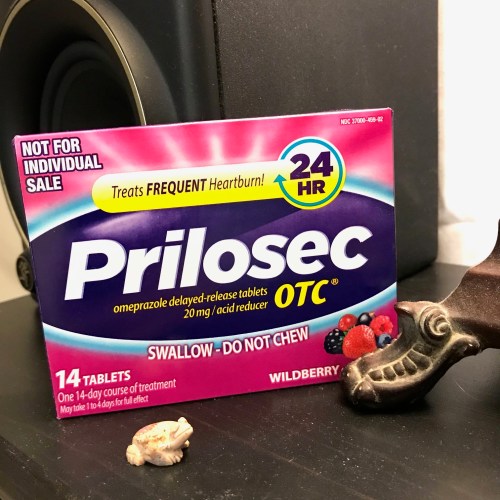
Regular use of proton-pump inhibitors (PPIs) increases patients’ risk of developing type 2 diabetes mellitus (T2DM) by 24%, an observational study published in Gut has suggested.
Proton pump inhibitors are widely used in the U.S. to treat esophageal reflux, ulcers, and dyspepsia. They are among the most widely prescribed drugs. You can also get them over-the-counter. Brand names include Protonix, Prilosec, and Nexium.
The study at hand defined “regular use” as at least twice per week. The study was an epidemiological one observing participants for 10-12 years. The more years of regular use, the greater risk of diabetes developing. Nearly all participants were White, so results may not apply to other ethnicities.
Note that this study doesn’t prove that PPIs cause diabetes. They just found a statistical linkage. As you know, correlation does not equal causation. We don’t know how PPIs could cause T2 diabetes. From the article:
According to the study, the possible mechanism for the association could be related to gut microbiota, as previous studies have shown that PPI use is associated with reduced diversity of gut microbiome and consistent changes in the microbiota phenotype.
Steve Parker, M.D.




Steve,
Curious as what per cent of such conditions would be considered related to helicobacter?
On the study — it’s behind paywall — I first thought 1.24 HR is poor odds, around 55: 45 odds and they say 10,000 cases out of 200,000 so absolute difference of 2.8 % – 2.25 or less than 1 % difference. But then it hit me — maybe in the article. Who takes PPIs? That is, shouldn’t we look at what they eat? Study done in China (although oddly funded by NIH) where diet touted as high carb. That’s giving me agita.